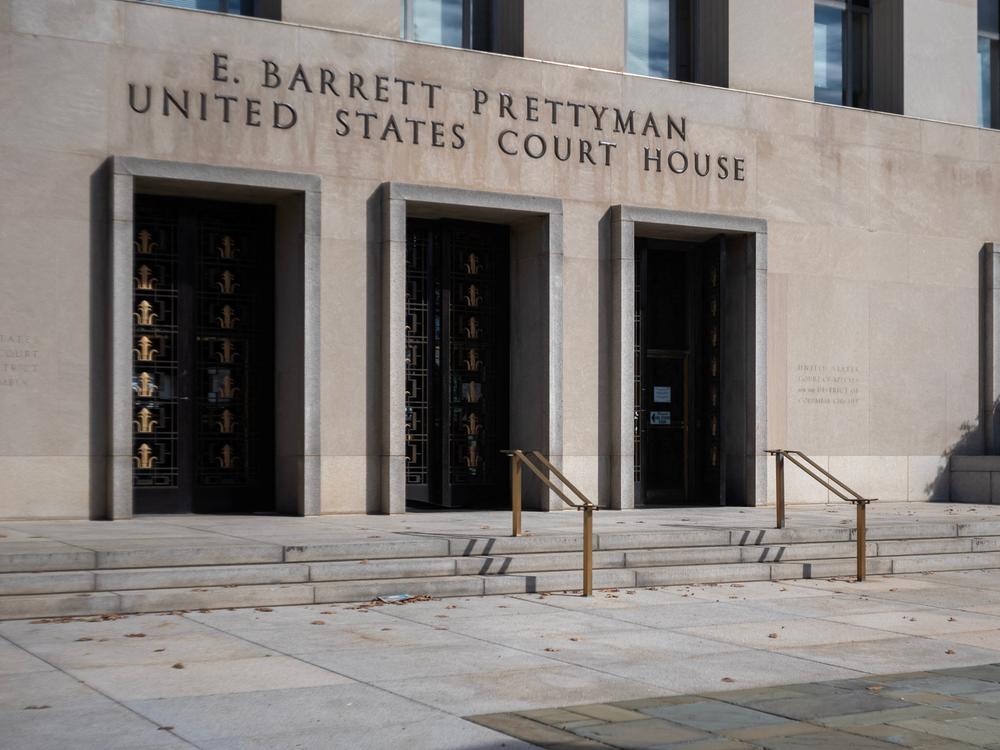Section Branding
Header Content
Trump election interference case returns to D.C. after immunity ruling
Primary Content
The election interference case against former President Donald Trump returned to a federal judge in Washington on Friday.
What happens next, and how quickly, is now up to Judge Tanya Chutkan. But the conservative supermajority on the U.S. Supreme Court has handed her a lot of work to do.
Last month, a six-justice majority delivered Trump a significant victory, ruling that he deserved substantial immunity from prosecution for official acts he took in the White House, including his efforts to get Department of Justice leaders to back his bogus claims of election fraud in 2020.
Legal experts say Chutkan will need to review evidence at the heart of the historic four-count felony case, to determine whether other alleged actions by Trump get constitutional protection as official steps of a president, or whether they instead count as personal acts of a candidate seeking political office.
Trump has pleaded not guilty to the charges and has decried all four criminal cases against him as election interference. The current president, Joe Biden, has said he had no role in any of the prosecutions, and Attorney General Merrick Garland affirmed that stance in testimony to Congress.
There’s no chance Trump will face trial in Washington before this November’s election. The Supreme Court decision means Trump or special counsel Jack Smith could appeal any of the lower court’s determinations about what counts as an official act -- before a jury is even seated in the case.
If Trump prevails at the ballot box this year, he could order his Justice Department to dismiss the D.C. case or attempt to pardon himself.

